Here’s a comprehensive list of facts about Republic Day of India 🇮🇳 — covering its history, celebrations, importance, and lesser-known trivia:
Republic Day, celebrated every year on January 26, is one of the most important national holidays in India. It commemorates the day when the Constitution of India came into effect in 1950, turning the nation into a sovereign republic. Unlike Independence Day, which marks India’s freedom from British rule, Republic Day celebrates the power of the people to govern themselves through a democratic framework.
This day is not only a celebration of India’s political evolution but also a tribute to the countless freedom fighters, constitution-makers, and citizens who contributed to building the world’s largest democracy.
Historical Background

India became independent on August 15, 1947, ending nearly 200 years of British colonial rule. However, the country was still functioning under the Government of India Act, 1935, a British law. There was a strong need for a constitution that would reflect the aspirations and values of independent India.
On August 29, 1947, a Constituent Assembly, chaired by Dr. B.R. Ambedkar, was formed to draft a new constitution. After more than two years of hard work, debates, and discussions, the Constitution of India was adopted on November 26, 1949, and officially came into force on January 26, 1950.
The date of January 26 was chosen deliberately, as it was on this day in 1930 that the Indian National Congress had declared Purna Swaraj (Complete Independence) from British rule.
Significance of Republic Day
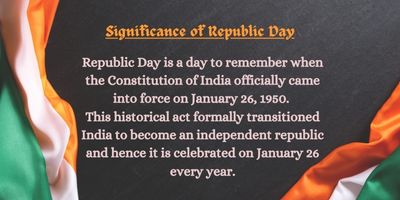
Republic Day holds immense significance in Indian history:
- It marks the birth of the Indian Republic and the adoption of the world’s longest written constitution.
- It symbolizes the transition from colonial governance to a system governed by the people of India.
- It reflects the core values of justice, liberty, equality, and fraternity, as enshrined in the Preamble of the Constitution.
- It honors the sacrifices made by freedom fighters and leaders who fought for a democratic and sovereign India.
The Constitution of India
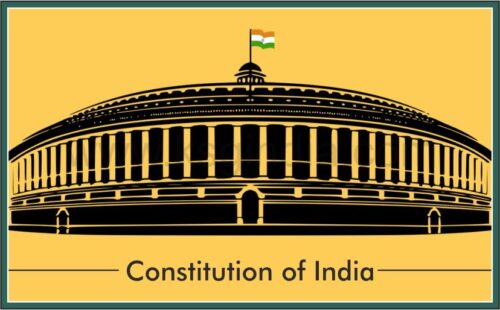
The Constitution of India is the foundation of the Indian Republic. Drafted by the Constituent Assembly, it lays down the structure, powers, duties, and responsibilities of the government and its citizens.
Key features of the Indian Constitution include:
- Federal structure with a strong center
- Parliamentary system of government
- Fundamental Rights and Duties
- Directive Principles of State Policy
- Universal Adult Franchise (right to vote for all citizens above 18)
Dr. B.R. Ambedkar, often called the “Father of the Indian Constitution,” played a vital role in framing this monumental document.
Republic Day Celebrations
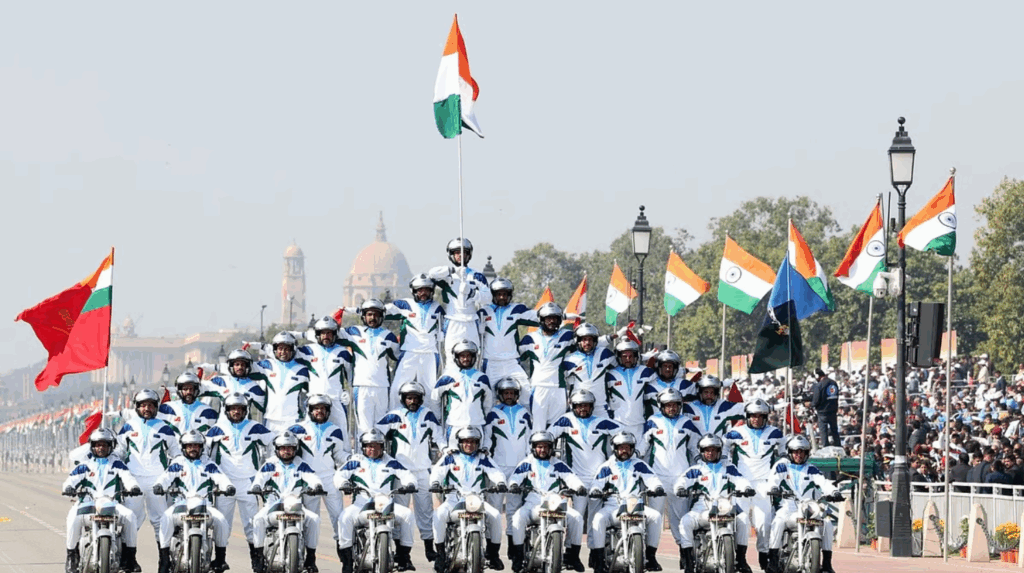
Republic Day is celebrated with great pride and enthusiasm across the country, but the most spectacular and grand celebrations take place in New Delhi, the national capital.
The Republic Day Parade
The Republic Day Parade held at Rajpath (now Kartavya Path) is the highlight of the celebrations. It showcases the military might, cultural diversity, and achievements of India.
The key components of the parade include:
- March by the armed forces, paramilitary forces, police, and NCC cadets
- Display of tanks, missiles, and other defense equipment
- Cultural tableaux from various states and Union Territories depicting regional heritage
- Performances by school children
- Stunt performances by motorcycle teams
- Fly-past by the Indian Air Force fighter jets and helicopters
The President of India, as the Supreme Commander of the Armed Forces, presides over the event. A foreign dignitary is invited as the Chief Guest, a tradition started in 1950.
Awards and Honors
Republic Day is also the occasion to confer prestigious national awards:
- Padma Awards (Padma Vibhushan, Padma Bhushan, and Padma Shri) for contributions in various fields
- Gallantry awards such as the Ashoka Chakra, Kirti Chakra, and Shaurya Chakra for acts of bravery and heroism
These awards are announced on the eve of Republic Day and presented later by the President of India.
Beating Retreat Ceremony
The Republic Day celebrations officially end on January 29 with the Beating Retreat Ceremony at Vijay Chowk, performed by the bands of the Indian Army, Navy, and Air Force. It’s a musical farewell to the Republic Day festivities and a visual treat for spectators.
Celebrations Across the Country
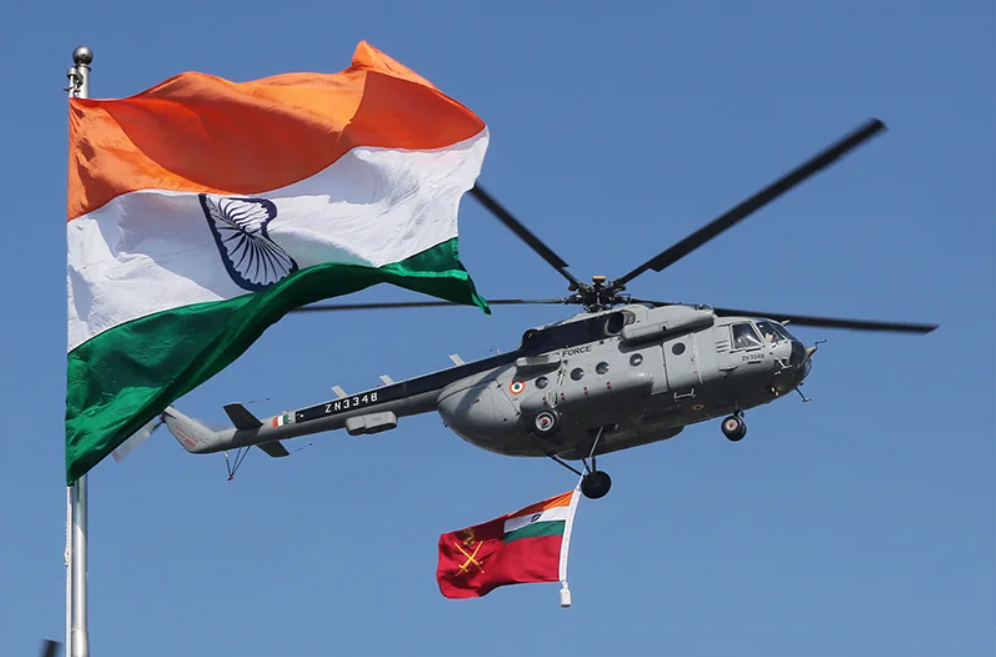
While Delhi hosts the main event, Republic Day is celebrated with equal fervor in schools, colleges, government offices, and communities across the country.
- Flag hoisting ceremonies are held, followed by the singing of the national anthem.
- Cultural programs featuring patriotic songs, dances, and skits are organized.
- March pasts and sports competitions are conducted in many schools.
- Educational institutions often hold debates, quizzes, and essay competitions related to the constitution, democracy, and national unity.
Children look forward to watching the live telecast of the parade and aerial displays on television with great excitement.
Republic Day and National Unity
India is a land of immense diversity—different languages, religions, traditions, and cultures. Republic Day serves as a powerful reminder of the strength of India’s unity in diversity.
It is a day to celebrate:
- The spirit of democracy
- The rule of law
- The importance of citizens’ participation
- The strength of our secular and pluralistic society
Republic Day reinforces our identity as proud Indians, reminding us that we all belong to one nation despite our differences.
Challenges and Responsibilities
While Republic Day is a celebration, it is also a time to reflect on our responsibilities as citizens:
- Are we living up to the values enshrined in our Constitution?
- Are we upholding justice, equality, and freedom for all?
- Are we ensuring that democracy functions in its truest sense?
The Constitution not only grants us rights but also expects us to perform our Fundamental Duties, such as:
- Respecting the national flag and anthem
- Promoting harmony and the spirit of common brotherhood
- Protecting public property
- Striving for excellence in all spheres
True celebration of Republic Day lies in upholding these duties and being responsible, active participants in the nation’s development.

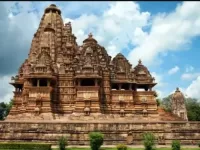

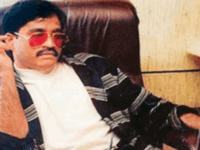



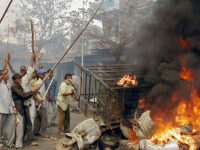

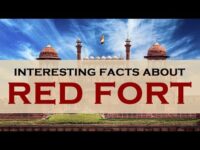
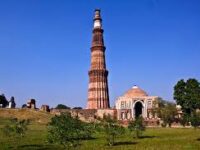
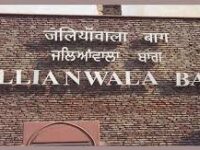

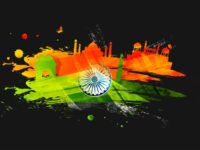
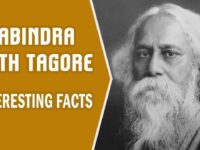
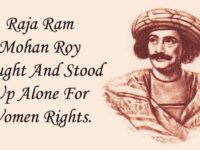





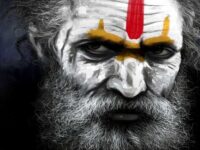

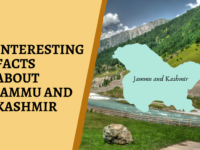
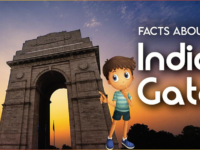



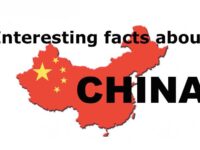
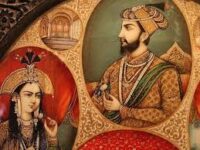
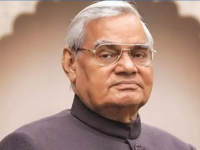


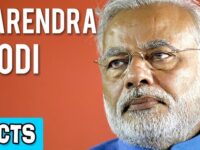

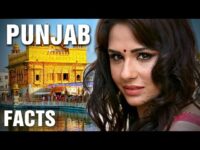


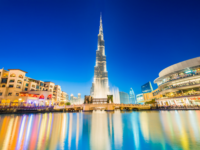
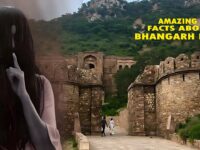
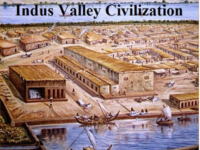









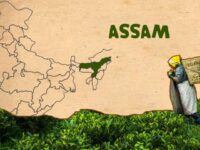

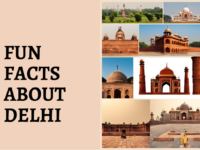


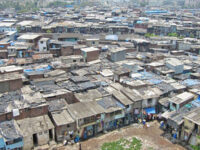
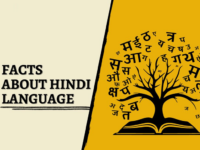
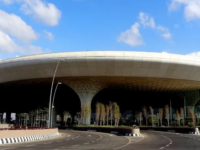



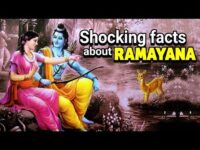



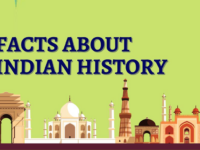

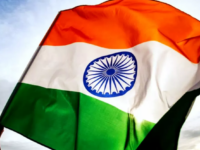

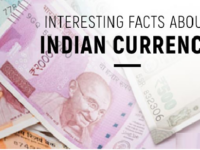
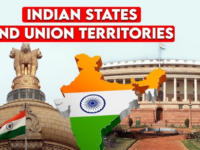


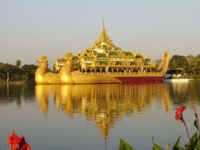



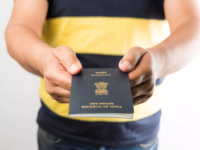
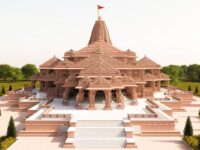

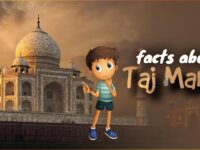




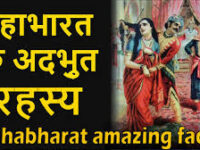
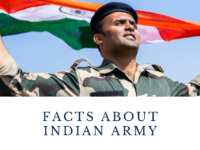
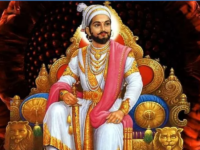




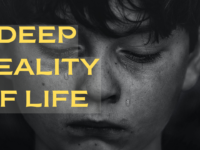






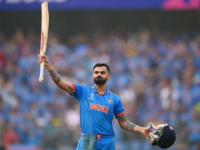


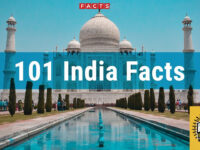
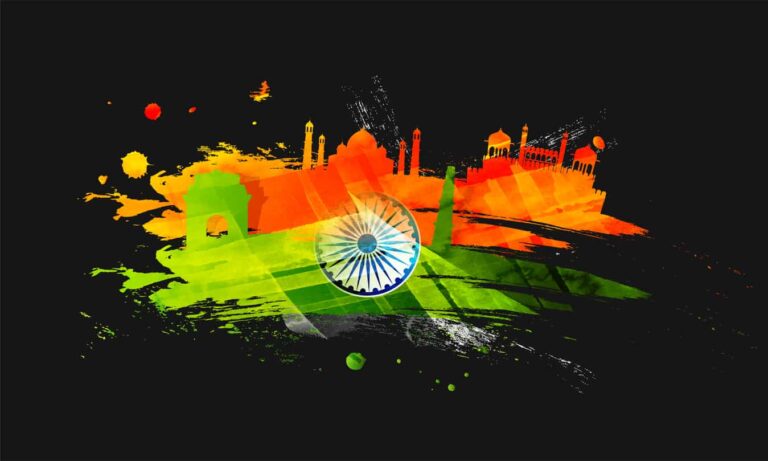
0 Comments